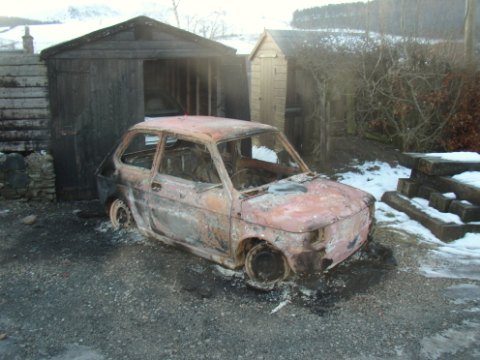Cottontop
Senior Member
A properly designed and installed driveline with low noise and vibration as a priority, a properly designed and installed insulation system and a top shelf exhaust system can be had for a lot less complexity and a lot less energy management fussing than what you describe. You will need that for your generator too, if you want less "noise, vibration and fumes"
At canal speeds I would bet a properly engineered conventional drive boat with noise and vibration reduction as a priority would be just as quite as a Greenline, or whatever was cobbled together, with no fumes either. Your "noise, vibration and fumes" issues are inflated when a proper system is the standard.:
So how big a problem is hour-after-hour, day-after-day low-speed operation of diesel engines (glazing, etc.)?
There seems to be much concern about this, but lots of boats seem to do it.
I still need decent sized engines for coastal cruising.



